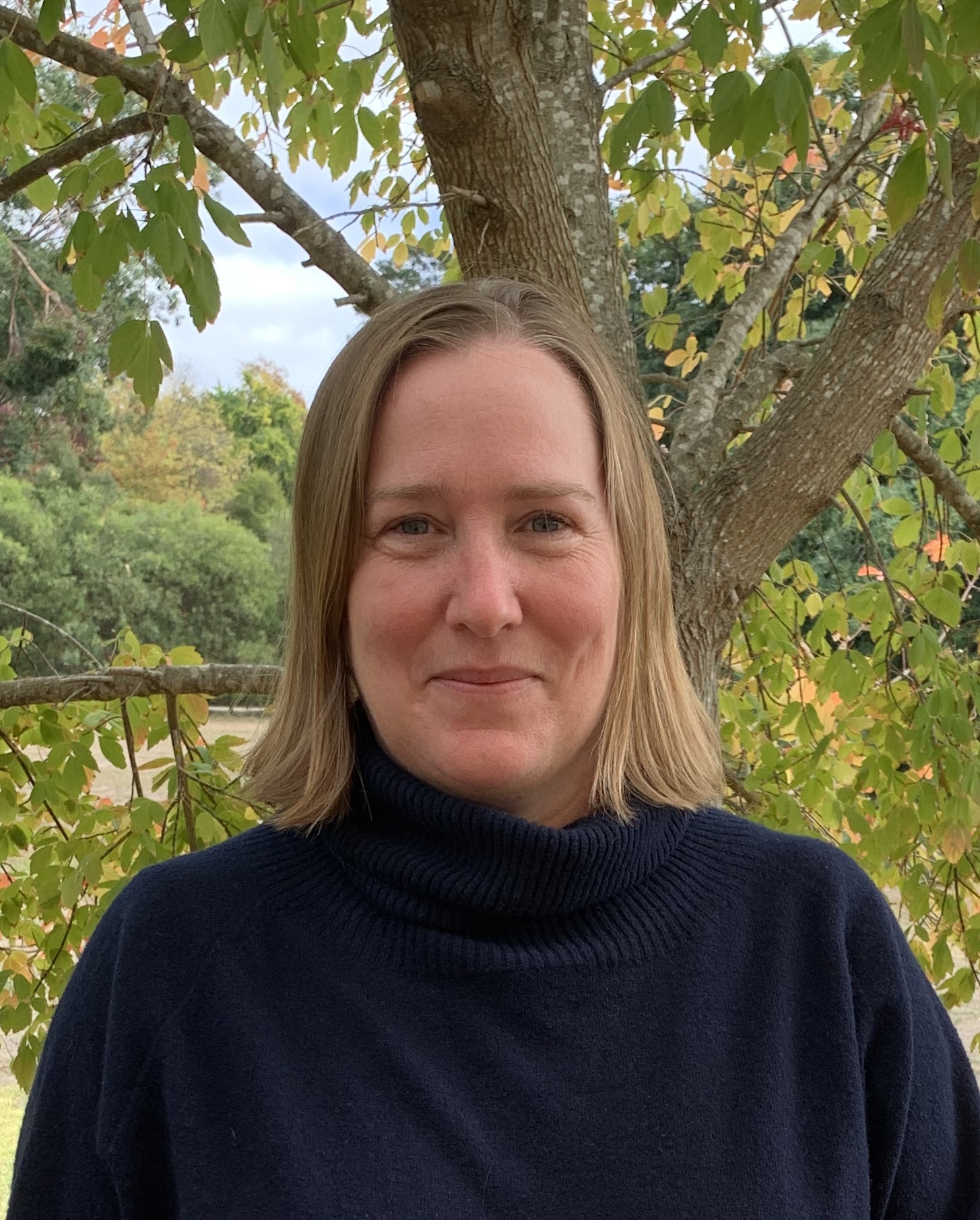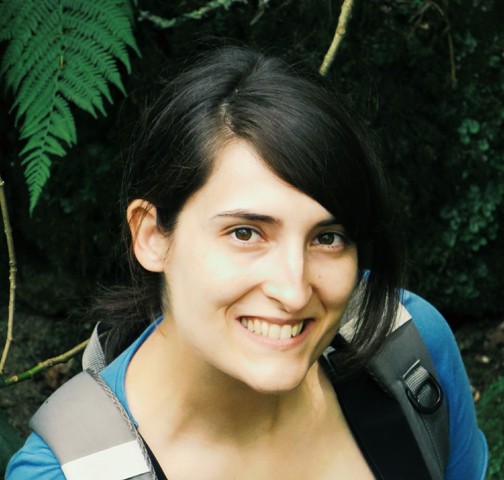IUCN COMMISSION GROUP
IUCN SSC Aquatic Fungi Specialist Group

Overview and description
- Description:
-
Aquatic fungi are a polyphyletic group connected by their ecological features (growing and reproducing mainly in marine or freshwaters) rather than by taxonomy. They belong mainly to the phyla ...
Group leadership
Dr Sally FRYAR
Co-Chair
Sally's main research interests are the ecology, evolution, systematics, and conservation of microfungi. She completed a PhD at Flinders University in 1997 on the taxonomy and ecology of wood…
Dr Isabel FERNANDES
Co-Chair
I am a freshwater ecologist particularly fond of aquatic fungi. I want to understand how global changes can determine microbial communities diversity and activity and how that impacts freshwater…
At a glance
Official name:
IUCN SSC Aquatic Fungi Specialist Group
Associated Commissions:


